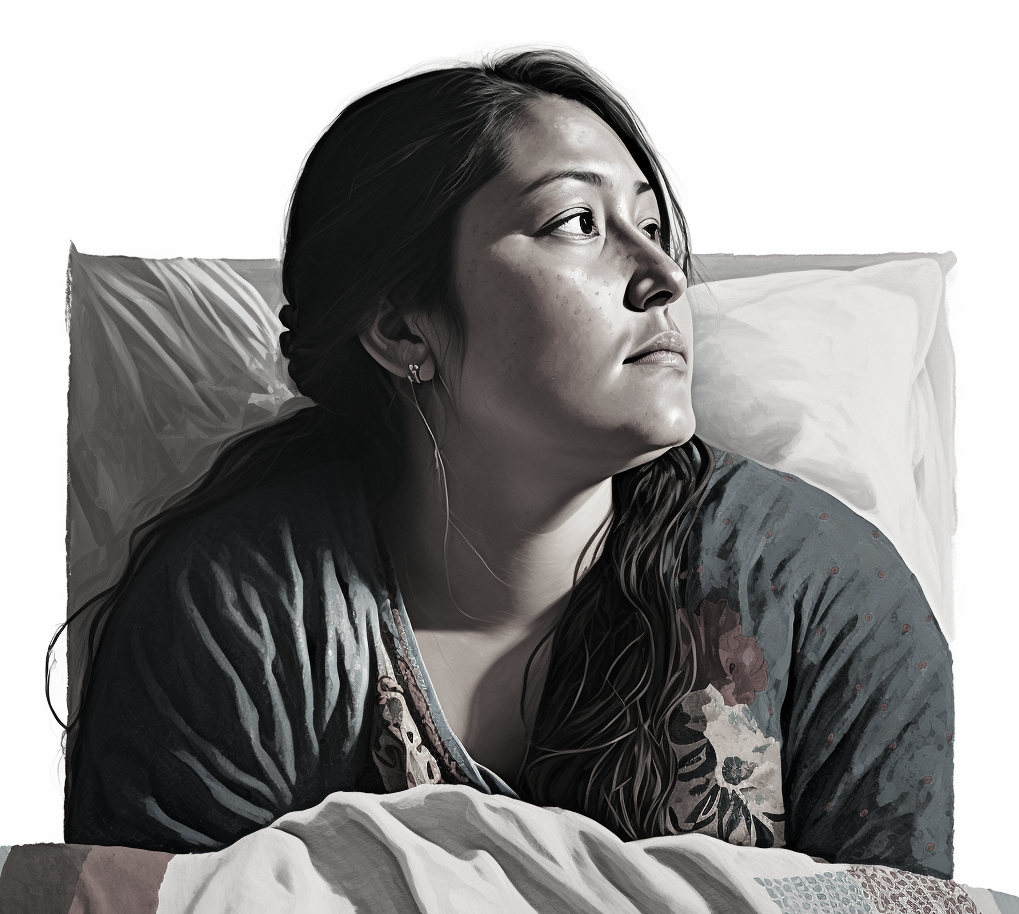I was recently diagnosed with obsessive-compulsive disorder (OCD). For years, I had struggled with intrusive thoughts and the need to perform certain behaviors in order to feel “safe” or “in control.” I had no idea what was happening to me and it was a very confusing and distressing time.
But everything changed when I was finally diagnosed with OCD. It was such a relief to finally know what I was dealing with and to have a name for the struggles I had been facing. I felt like a weight had been lifted off my shoulders and I was finally able to start seeking help.
It’s been a few months now and while I still have a long way to go, I feel like I am making progress.
Joel L
It’s OK to feel overwhelmed
It’s completely normal to feel overwhelmed when you are first learning about OCD and how to manage it.
Cognitive-behavioral therapy (CBT) is a type of therapy that can be helpful for people with obsessive-compulsive disorder (OCD).
4 tips for you to begin with
Here are a few CBT tips that you might find helpful:
- Challenge your thoughts: One of the key components of CBT for OCD is challenging the thoughts and beliefs that contribute to obsessive-compulsive behaviors. This involves questioning the validity of your thoughts and looking for evidence that contradicts them.
- Practice relaxation techniques: It can be helpful to practice relaxation techniques, such as deep breathing, progressive muscle relaxation, or meditation, to help manage anxiety and stress.
- Use supportive self-talk: Try to replace negative or self-critical thoughts with more positive and realistic ones. This can help to reduce anxiety and increase self-esteem.
- Set goals and track your progress: Setting small, achievable goals can help you make progress and feel more in control of your OCD. It can also be helpful to track your progress to see how far you’ve come.
It’s important to remember that treating OCD takes time and consistent effort. It’s also a good idea to work with a mental health professional who is trained in CBT for OCD. They can provide additional support and guidance as you work to manage your symptoms.
